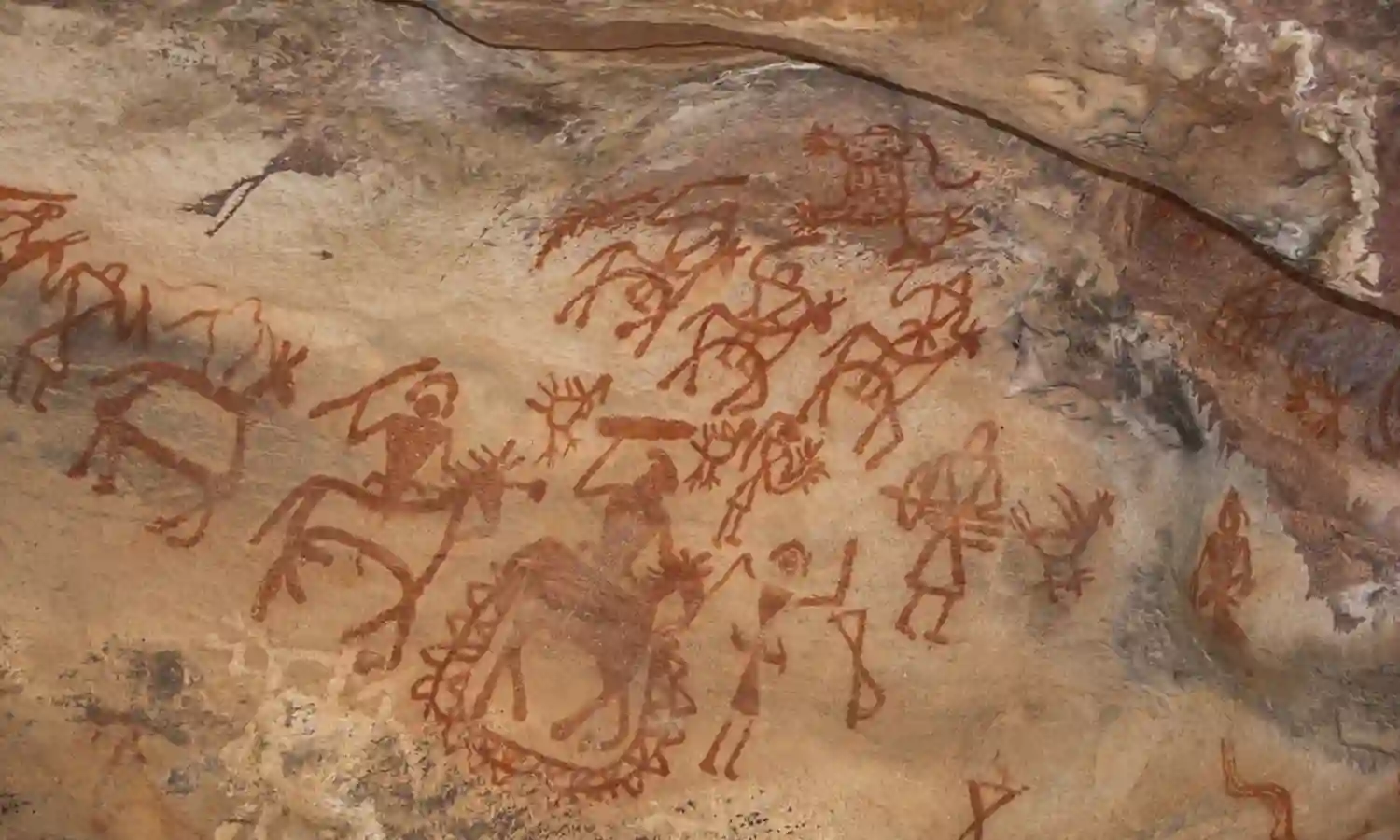War, Peace and Love
The silent scream at the horrors of war.

The Norwegian painter Edward Munch’s symbolist painting,‘The Scream’ (1893) comes close to what we as sensitive humans (if that species exists!) feel at the two currently raging wars on two different continents. The painting is considered a timeless portrayal of human anxiety.
With the Ukraine-Russia war still hanging fire and the Israel-Palestine simmering conflict having erupted like volcanic lava, there’s more gore and mayhem in an already fractured world. War and Peace have been on an eternal see-saw: the balance now seems to be tilting away from peace.
That scream is now stuck in our throats as a silent scream at the horrors of the war!
From prehistoric times to our written history a continuum of conflicts, battles and major wars have been fought for an assortment of reasons: for land, food, territorial gains, religion, cultural subjugation, racial supremacy, political ideology, control of natural resources, the lure of fabled wealth and sheer hubris of might is right.
An archaeological site along the Nile river has a large number of bodies with arrowheads in their bones. These have been dated to the Mesolithic era, more than 13,000 years ago. The first war in recorded history is believed to have taken place in Mesopotamia in 2,700 B.C. With evidence of our belligerence dating back to a hoary past, one wonders if human beings are ‘wired’ to settle issues only through brutal wars and aggression.
For aeons patriarchal leadership disdained the idea of females in battle. But warrior queens like the Rani of Jhansi, Razia Sultana and many more abound in history. They rose to the occasion and wielded the sword with equal force.
Looking back at recent history, the trope that women are less aggressive than men is largely true. But women in leadership roles have rewired themselves to act in a more aggressive manner to erase the stereotype that they are militarily weak. Look at the morphing of Indira Gandhi from being dubbed as ‘Goongi Gudiya’ to a triumphant ‘Durga’ after the 1971 war with Pakistan. She thumbed her patrician nose at Nixon despite the US being all powerful then. Margaret Thatcher was called the Iron Lady and Golda Meir dubbed ‘the only man in the cabinet’.
To single out one of the reasons for bellicosity as it pertains to the current crisis, Hitler’s belief in ‘Aryan’ supremacy that led to the Holocaust is a searing example. The ‘Wandering Jew’ is no doubt an apt trope for the persecution of Jews over millennia. But the rise of Zionism does not justify the dispossession of Palestinians from their own land. And the British with their penchant to divide and rule gladly went along with the Zionist Federation by issuing the Balfour Declaration in 1917, during the First World War, in support of a ‘national home for the Jewish people’ in Palestine.
And in 1948 after the Second World War, Israel was created with the mass murder and expulsion of Palestinians, with immediate recognition by America, but the Palestinians were shorn of their land and the state of Palestine remains unrealised till today.
The anthropologist Brian Ferguson in a Rutgers University, Newark, study on warfare says:
‘If the idea that war is part of human nature is not scientifically supported, alternative futures open up. If more people work for prevention, the eventual eradication of war is a definite theoretical possibility’. He agrees with the famous American anthropologist Margaret Mead that ‘warfare is only an invention, not a biological necessity’.
Closer home we have a global icon in Gandhi whose unique philosophy of non-violence (ahimsa) brought the then mighty British Empire to its knees. Satyagraha or ‘persuasion by truth’, seemingly impotent, turned out to be a potent weapon. Ironically, Gandhi fell to an assassin’s bullet.
We live in hope unless the nuclear genie – “Now I am become Death, the Destroyer of worlds” (the viral quote from the Bhagwad Gita a la ‘Oppenheimer’) – erases this tiny speck in the universe in an ‘Apocalypse Now’! We better wake up and pray that both sides cease hostilities as that’s a slippery slope to destruction.
To quote a 1965 song made popular by Jackie DeShannon:
“What the world needs now is love, sweet love, /It’s the only thing that there’s just too little of, /What the world needs now is love, sweet love,No not just for some, but for everyone…”
Nothing rings more true now!



